Sanwo-Olu Calls for Regional Collaboration on Ferry Safety, Declares Lagos Ready to Lead Water Transport Revolution
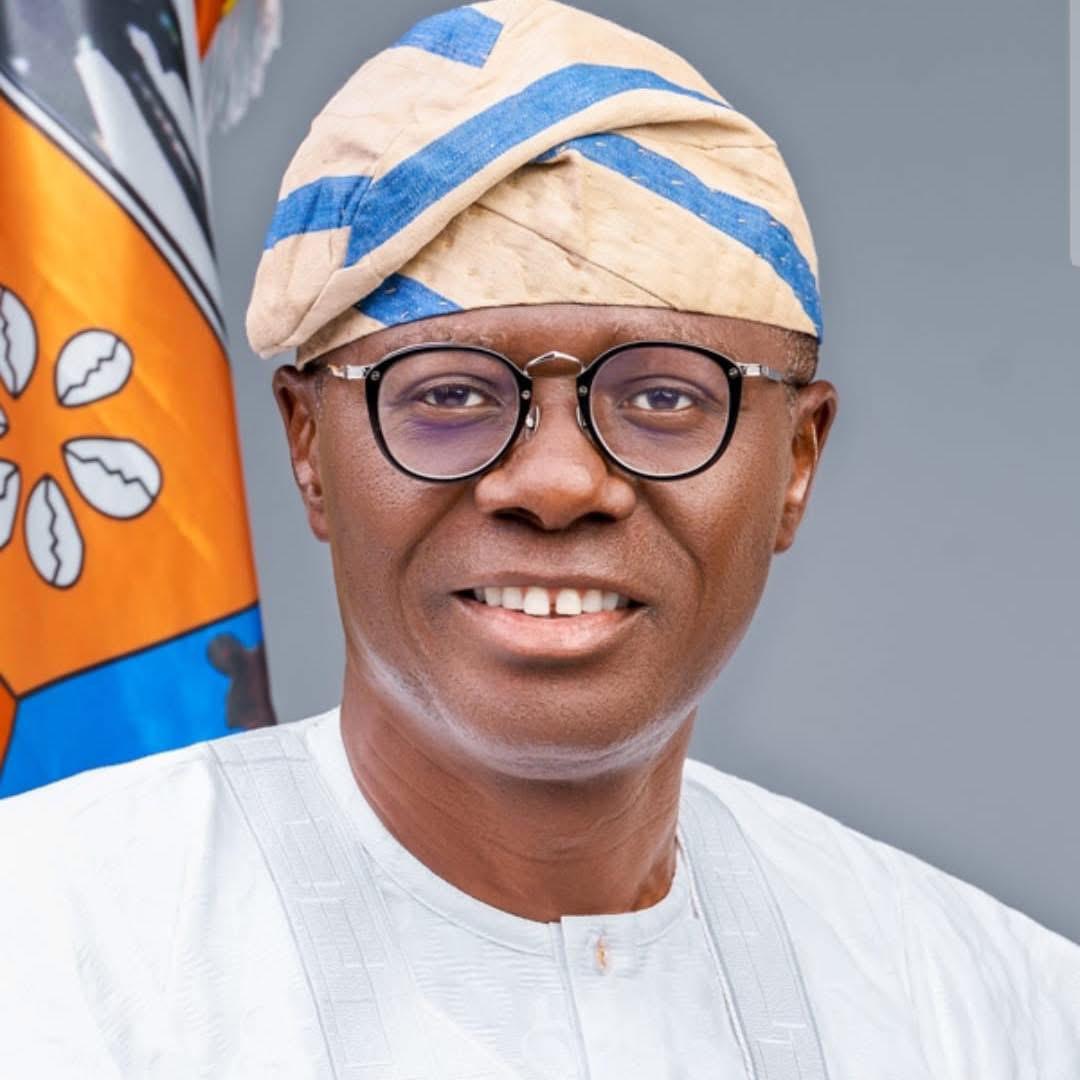
Lagos State Governor, Mr. Babajide Sanwo-Olu, has called for a unified regional strategy to tackle ferry safety challenges across West and Central Africa, urging stakeholders to prioritize safety as a critical pillar in the growing water transportation sector.
Speaking at the 2025 Regional Ferry Safety Conference held in Lagos on Wednesday, the Governor—represented by his deputy, Dr. Obafemi Hamzat—stressed the urgent need for enforceable safety frameworks, cutting-edge technology adoption, and harmonized operational standards to secure ferry users across the region.
“This conference is not merely timely; it is essential,” Sanwo-Olu declared. “In a state like ours, with over 25 million residents, the need for a robust ferry transportation system for urban mobility, tourism, and economic connectivity is undeniable. However, as we embrace this growth, we must simultaneously uphold rigorous, enforceable, and technologically advanced safety standards. This calls for a unified regional effort, and Lagos is ready to lead the charge.”
The Governor detailed Lagos’ substantial investments in water transport infrastructure, including the construction of modern jetties, deployment of patrol and rescue boats, establishment of the Inland Waterways Monitoring and Data Management Centre, and the introduction of the locally-built Omi Bus standard ferries.
“Ferry safety transcends local boundaries; it is a regional imperative,” Sanwo-Olu stressed. “We must forge common safety frameworks, share crucial data and intelligence, standardize training protocols, and embrace innovative technologies that will elevate navigation and emergency response across our waterways.”
Joining his voice to the call for regional synergy, Secretary-General of the Maritime Organization of West and Central Africa (MOWCA), Dr. Paul Adalikwu, underscored the devastating impacts of ferry accidents in the sub-region. He referenced the 2023 Esther Miracle ferry disaster in Gabon, which claimed over 300 lives, as a tragic reminder of the need for urgent reforms.
Adalikwu disclosed that following that incident, MOWCA, in collaboration with the Government of Gabon and the International Maritime Organization (IMO), developed the Libreville Plan of Action—a document that is now shaping the current regional discourse on ferry safety.
“We must ensure that ferry transport, which millions of commuters in the sub-region rely upon daily, is not only efficient and accessible but, above all, safe,” Adalikwu said. “Our discussions here will build on the Libreville Action Plan to set clear, actionable safety benchmarks for the entire region.”
He revealed that the decision to hold the conference in Lagos was not accidental but a recognition of the state’s model achievements in ferry operations and safety.
“Lagos is a cosmopolitan city operating a multi-modal transport system with about 60,000 daily ferry commuters. The robust framework put in place by the Lagos State Waterways Authority (LASWA) is a shining example of how ferry operations can be made safer and more attractive,” he said.
Adalikwu charged participants to contribute actively, noting that the solutions to the region’s ferry safety challenges lie in collective experiences and shared wisdom.
Addressing delegates, the General Manager of the Lagos State Waterways Authority (LASWA), Mr. Damilola Emmanuel, reinforced the need for cross-border policy harmonization and stronger technical standards to ensure that ferry transport becomes a dependable and environmentally sustainable mode of transportation throughout Africa.
He echoed the Governor’s commitment, emphasizing the need for policy harmonization, stronger technical standards, and innovative safety practices to ensure ferry transport becomes a dependable and environmentally sustainable mode of transportation across Africa.
“We are here to forge a safer, more resilient future for ferry transport across Africa’s waterways,” Emmanuel said. “We must harness innovation, real-time data, and advanced vessel technologies to protect lives and position ferry transport as a key driver in Africa’s blue economy.”
The Lagos State Commissioner for Transportation, Mr. Oluwaseun Osiyemi, described maritime safety as a continuous journey that demands vigilance, collaboration, and urgent action. He emphasized that ferry incidents in any part of the sub-region must be seen as a shared concern.
“Ferry incidents anywhere in our region resonate with us all. Our ambition must be to ensure that every passenger, whether in Lagos, Lomé, Accra, or Dakar, boards a ferry with confidence, knowing that robust systems and a safety-first culture are in place,” Osiyemi said.
He commended LASWA for its leadership in advancing ferry safety and thanked MOWCA and INTERFERRY for their partnership in driving regional collaboration.
Adding his voice, the Managing Director of the National Inland Waterways Authority (NIWA), Mr. Bola Oyebamiji, represented by the Head of Marine, Elsie Egwuatu, emphasized the role of NIWA in promoting safer and more efficient inland water transportation across Nigeria’s vast 10,000-kilometre waterways network.
Egwuatu, speaking on Oyebamiji’s behalf, said the conference theme, Charting Safer Waters: Advancing Ferry Safety Through Innovation, Collaboration and Integrated Transport Solutions, aligns perfectly with NIWA’s commitment to providing safe, seamless, and affordable transportation.
“As we gather to discuss ferry safety, we are reminded of the critical importance of ensuring the well-being of passengers and crew on our inland waterways,” she said. “At NIWA, we believe ferry safety is a shared responsibility that requires the collective efforts of all stakeholders.”
Egwuatu revealed that NIWA is working closely with partners such as NASO, Agro-Water, and the Maritime Workers Union of Nigeria to enhance safety standards, improve emergency response protocols, and promote sustainable practices in water transport.
“Our collaborative efforts aim to minimize risks, prevent accidents, and ensure that our waterways remain a safe and reliable mode of transportation for all,” she said. “We are committed to enhancing safety protocols and regulations, promoting innovation and technology adoption, and developing integrated transport solutions that prioritize safety and sustainability.”
She urged stakeholders to continue working together to build safer and more sustainable waterways that will benefit not only the passengers but also the communities that depend on water transport.
Over the two-day event, participants are expected to deliberate on key issues such as regional regulatory frameworks, real-time digital monitoring, innovation in ferry design, and alignment with international safety standards.
Governor Sanwo-Olu, through his deputy, assured that Lagos State will continue to champion maritime safety and water transport development not only within Nigeria but across the African region.
“Let this conference be a catalyst for change,” he charged. “Together, we must pursue actionable solutions that will leave a lasting impact long after we depart.”






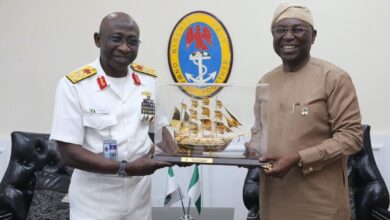
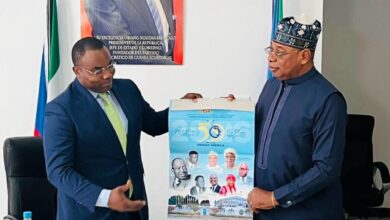
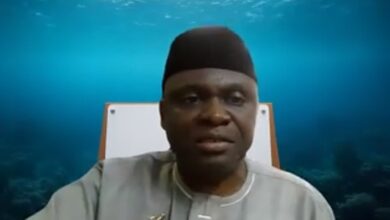
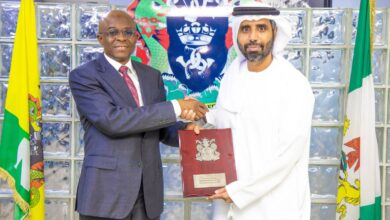
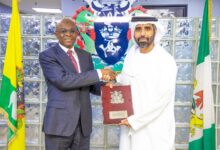
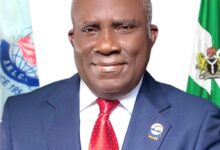
Greetings, I’m Piotr from Poland. I wanna tell you
about my insane experience with this trending online casino I stumbled on not long ago.
To be honest, I was struggling badly, and now I can’t believe it myself — I crushed it and made $1,500,000 playing
mostly live roulette!
Now I’m thinking of getting a new car here in Zagreb,
and investing a serious chunk of my winnings into Solana.
Later I’ll probably move to a better neighborhood and travel the world.
Now I’m going by Nikola from Serbia because I honestly feel like a new person. My life is flipping upside down in the best way.
Be real, what would you guys do if you had this kinda luck?
Are you jealous right now?
For real, I never thought I’d be able to help my family.
It’s all happening so fast!
Reply if you wanna chat!
Look into my homepage olnie casino article